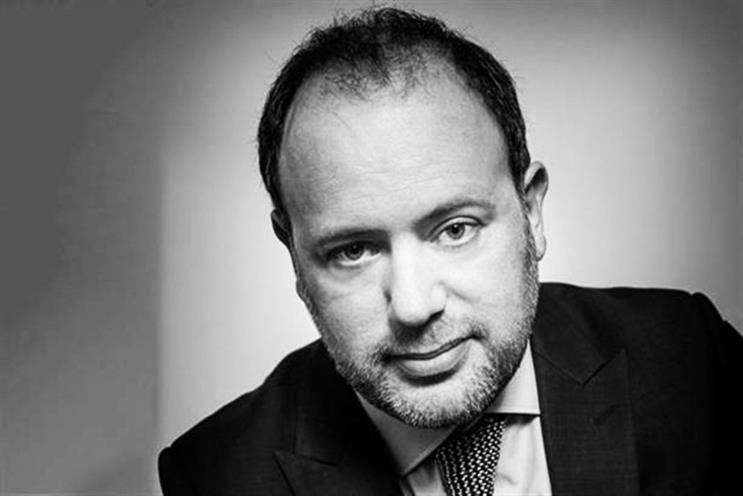We need more responsible media in our lives. The troubled history of the internet in the past decade has shown what happens when we don’t put a premium on trusted content and advertising context.
Bringing up-to-date law and order to the online world is a challenge for society, not just the media industry, but advertising people should take more responsibility. They have collectively tolerated and, in some cases, encouraged bad practices and failed to hold the online media platforms to account.
Where brands choose to invest and withhold spend can have a decisive impact, and advertising next to "ungated" user-generated content on social media that hasn’t been pre-screened is asking for trouble.
The stick is usually more effective than the carrot in changing behaviour, and the prospect of multiple, regulatory interventions – over online harms, data-targeting and the market power of Google and Facebook – in many leading markets is at last focusing minds.
Some of the world’s biggest advertisers, including Mars, Unilever and Diageo, launched the Global Alliance for Responsible Media at Cannes Lions in an acknowledgment that they must act more responsibly and demand the same from agencies and media owners.
"This is our ocean plastic and we’ve got to clean it up," Robert Rakowitz, head of global media at Mars, said, which hints that this problem is partly self-inflicted and will be hard to fix.
It goes further than advertising. "My wish is I can leave my kids with the iPad and feel that it’s safe," Luis Di Como, executive vice-president of global media at Unilever, said. Or as John Montgomery, global executive vice-president of brand safety at WPP’s Group M, another player in the alliance, put it: "The conversation has changed from brand safety to public safety."
Significantly, Google and Facebook, which rarely collaborate, have joined the alliance, which also includes the main agency groups and industry trade associations.
Some senior industry folk question whether the tech giants have yet earned the right to be inside the tent and reckon advertisers should be holding Silicon Valley’s feet to the fire on the outside.
The test is whether this alliance will be more than a talking shop. Hawks on the "buy side" have plenty of suggestions: demand the tech giants work together to fund a joint force to detect and remove online harms; set a fixed date by which the online platforms will commit to "machine screen" 100% of content and comments before they are uploaded; allow genuine, independent third-party measurement and regular sampling at scale to assess the volume of harmful and illegal content and fake accounts.
Whatever happens, creating more safe spaces on the internet and improving media literacy are essential civic needs. Music streaming offers hope as Spotify and Apple have shown some order can be imposed on chaos.
The paradox is there is already plenty of responsible media. Most broadcasting, news and magazine publishing, out-of-home and cinema invest in professionally produced content and adhere to strict codes of conduct and regulation. These precious channels need more support from advertisers and protection from regulators – not least because national and local media are at risk from global giants. In this context, Ofcom’s commitment to give continued prominence to UK public-service broadcasters, including Channel 4, ITV and the BBC, is welcome.
The quid pro quo of all this talk about responsibility must be that all media owners set themselves the same high standards on online content, data targeting and measurement that they expect of the tech giants.
Britain could be a litmus test, given the Competition & Markets Authority’s new investigation into Google and Facebook’s dominance of the UK digital ad market and the recent report by the Information Commissioner’s Office that found unwarranted data intrusion in real-time bidding.
Keith Weed, the president of the Advertising Association, told the Lead conference in January that the UK ad industry has an opportunity to be a "beacon". Everyone has a responsibility to improve our media environment – and advertisers should be leaders, not followers.



